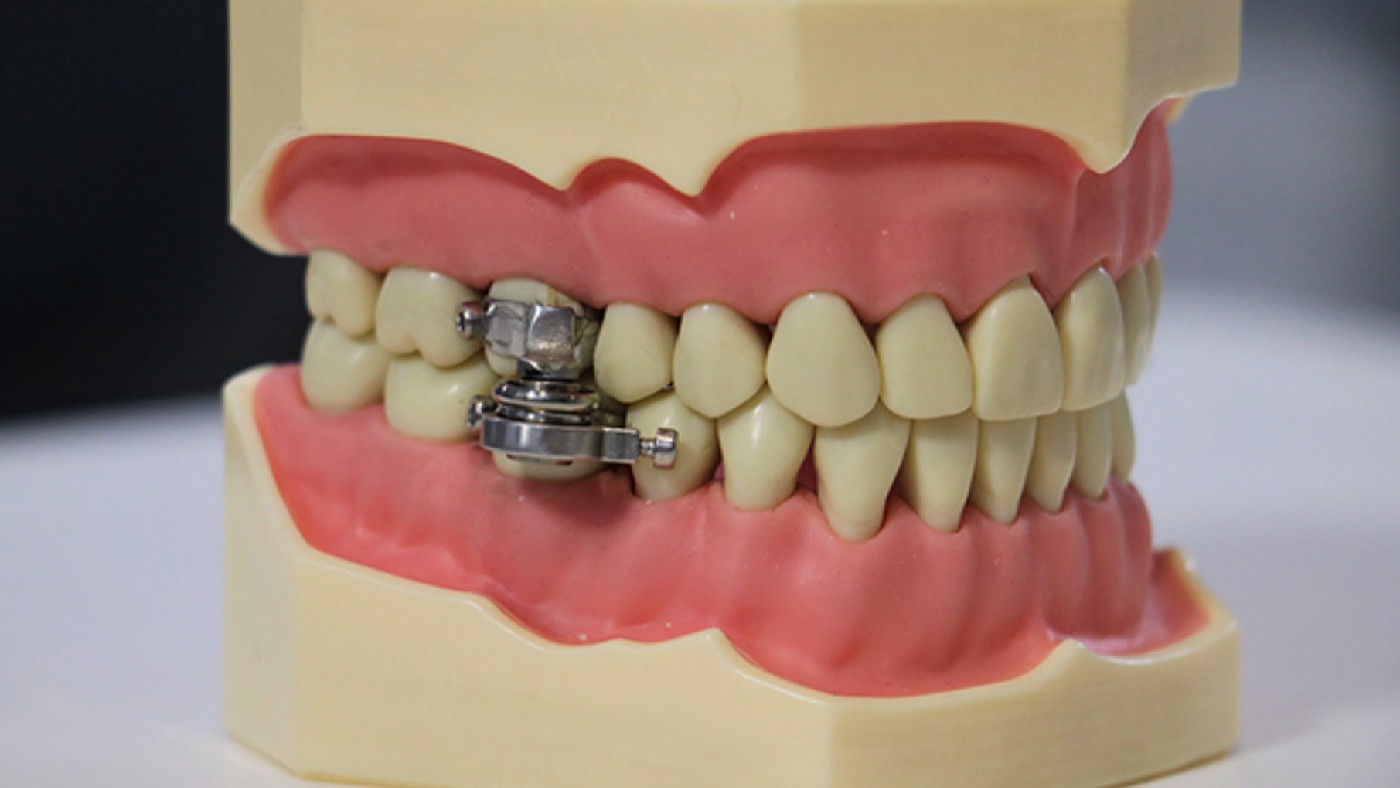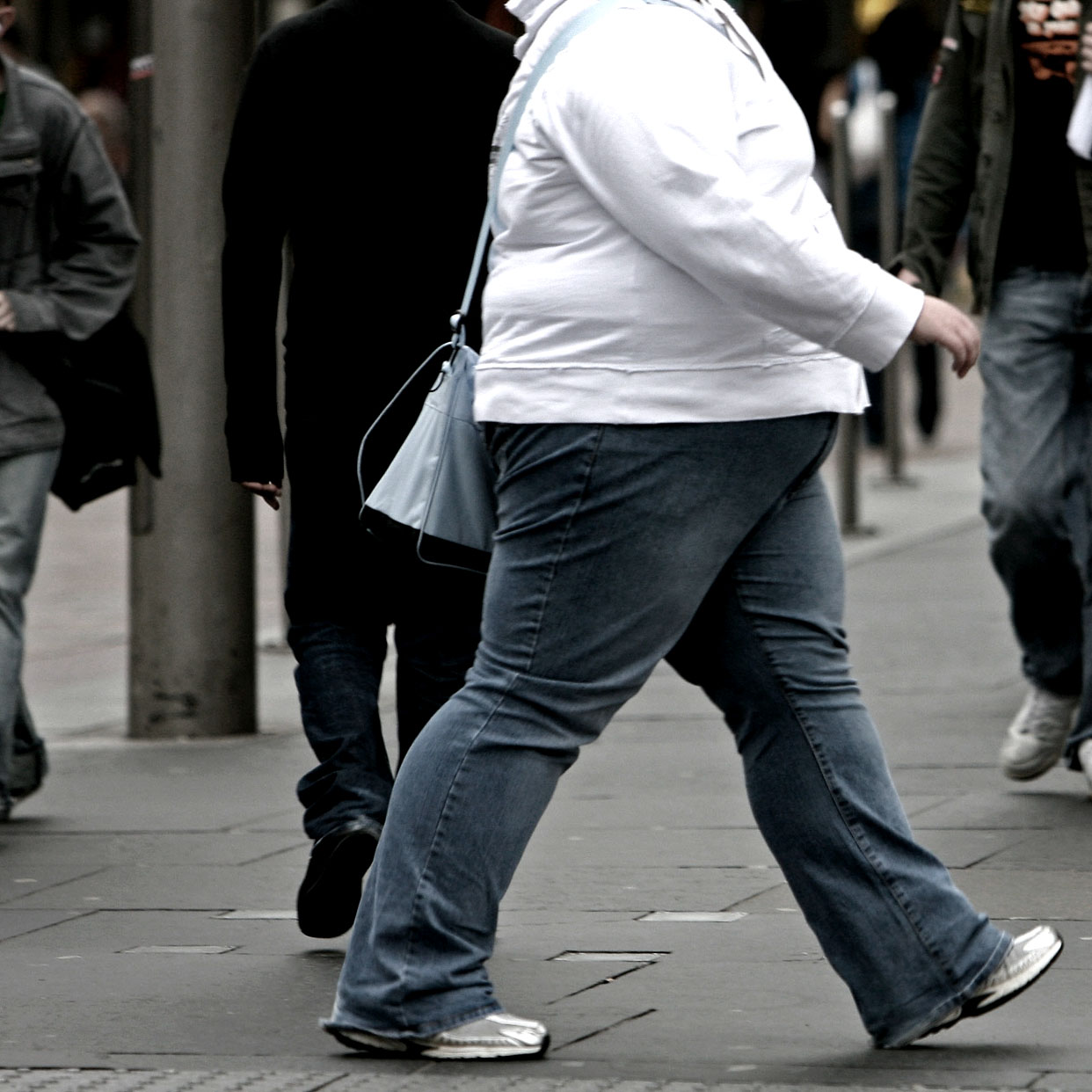Is your diet killing you?
New research suggests eating ‘ultra-processed’ foods may increase risk of early death

A free daily email with the biggest news stories of the day – and the best features from TheWeek.com
You are now subscribed
Your newsletter sign-up was successful
Modern diets packed with “ultra-processed” foods may be shortening people’s life spans, according to a new study.
French researchers analysed the diets of more than 44,500 men and women aged 45 and older over an eight-year period, and found that those who consumed heavily manufactured foods were more likely to die at an earlier age.
Each participant was asked to hand over 24-hour dietary records every six months, and to complete questionnaires about their general health and body measurements, physical activities, and social and economic background.
The Week
Escape your echo chamber. Get the facts behind the news, plus analysis from multiple perspectives.

Sign up for The Week's Free Newsletters
From our morning news briefing to a weekly Good News Newsletter, get the best of The Week delivered directly to your inbox.
From our morning news briefing to a weekly Good News Newsletter, get the best of The Week delivered directly to your inbox.
The scientists, from the Paris-Sorbonne University, then calculated each participant’s overall dietary intake and consumption of ultra-processed foods - defined as those “manufactured industrially from multiple ingredients that usually include additives used for technological and/or cosmetic purposes”.
Examples include dried ready meals, cakes, biscuits and chicken nuggets, the consumption of all of which “has largely increased during the past several decades”, the team note in a research paper published this week in the journal JAMA Internal Medicine.
They found that these types of snacks, desserts and meals accounted for more than 14% of the weight of total food consumed by the research participants, and about 29% of total calories, reports CNN.
Over the course of the study, 602 of the participants died, including 219 from cancer and 34 from cardiovascular disease. After adjusting for factors such as smoking, the researchers calculated an associated 14% higher risk of early death for each 10% increase in the proportion of ultra-processed foods consumed.
A free daily email with the biggest news stories of the day – and the best features from TheWeek.com
The study findings are all the more concerning given that people in France typically consume far less ultra-processed foods and ready meals than those in many other countries.
In the UK, the diet of a typical family is made up of about 50% ultra-processed foods, a proportion that rises to around 58% in the US, according to Fortune.
Numerous other studies have found that overconsumption of junk foods can have serious health effects.
“Such foods are attractive because they tend to be cheaper, are highly palatable due to high sugar, salt, and saturated fat content, are widely available, highly marketed, ready to eat, and their use-by dates are lengthy, so they last longer,” Professor Nita Forouhi, of the MRC Epidemiology Unit at the University of Cambridge, told The Guardian. “More needs to be done to address these inequalities.”
However, not everyone is convinced that the new French research proves a link between ultra-processed food and an early death.
Nurgul Fitzgerald, an associate professor of nutritional sciences at Rutgers University in New Jersey, offered “kudos to the authors” for a “strong” study, but said that ultra-processed food is far too wide a category to be able to draw a conclusive verdict.
“Some factors may be more harmful or less harmful than others. It’s really too complex,” she told CNN, adding that it may not be possible for the scientific community to “run with” the results.
-
 ‘States that set ambitious climate targets are already feeling the tension’
‘States that set ambitious climate targets are already feeling the tension’Instant Opinion Opinion, comment and editorials of the day
-
 Mixing up mixology: The year ahead in cocktail and bar trends
Mixing up mixology: The year ahead in cocktail and bar trendsthe week recommends It’s hojicha vs. matcha, plus a whole lot more
-
 Labor secretary’s husband barred amid assault probe
Labor secretary’s husband barred amid assault probeSpeed Read Shawn DeRemer, the husband of Labor Secretary Lori Chavez-DeRemer, has been accused of sexual assault
-
 Tirzepatide and the other ‘breakthrough’ obesity drugs
Tirzepatide and the other ‘breakthrough’ obesity drugsfeature Huge demand for weight-loss medication means prices have soared
-
 The Week Unwrapped: Russian visas, Arab fattism and quiet quitting
The Week Unwrapped: Russian visas, Arab fattism and quiet quittingpodcast Is Finland an unwilling backdoor to Europe? Has fat-shaming reached the Middle East? And are young workers really slacking off?
-
 ‘The Tories will stick with the devil they know’
‘The Tories will stick with the devil they know’Instant Opinion Your digest of analysis from the British and international press
-
 The Week Unwrapped: Cuba, friendship and office dogs
The Week Unwrapped: Cuba, friendship and office dogspodcast What’s behind the latest Cuban protests? Can dating apps help us make friends? And should we welcome animals at work?
-
 The Week Unwrapped: Strict schools, swimming caps and the four-day week
The Week Unwrapped: Strict schools, swimming caps and the four-day weekpodcast Do more rules make for a better education? Is a ban on “Afro caps” a blow to sporting diversity? And will Covid boost calls for a four-day working week?
-
 The Week Unwrapped: Hazardous heat, nuclear fusion and divisive dieting
The Week Unwrapped: Hazardous heat, nuclear fusion and divisive dietingpodcast What does a Pakistani city hitting temperatures too hot for the human body tell us about climate change? Could a new nuclear project provide a breakthrough in clean energy? And is a ‘medieval’ dieting device really so controversial?
-
 Personal trainer refuses to work with ‘fat people’
Personal trainer refuses to work with ‘fat people’Speed Read And other stories from the stranger side of life
-
 Today’s front pages: local elections, London marathon and obesity warning
Today’s front pages: local elections, London marathon and obesity warningIn Depth A round up of the headlines from UK newspapers on 29 April